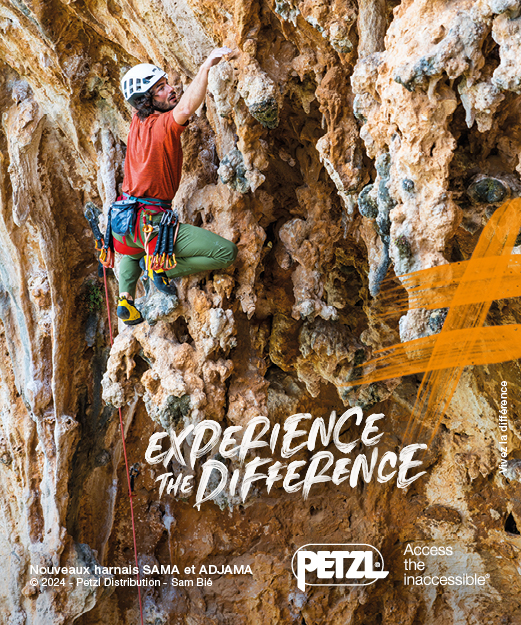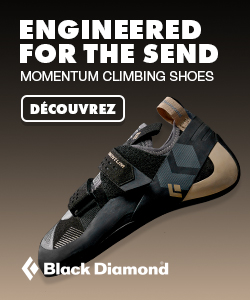RPE : What is rating of perceived effort ?

Rating of Perceived Effort (RPE) is a common term in training. But what is it? RPE is measurement of the conscious sensation of how hard, heavy or strenuous a physical task is. Basically, how much effort you put into an exercise or an attempt.
RPE is subjective
Unlike weight or duration, which are objective measures, RPE is a subjective measurement. You evaluate your own experience. Performing a 7 second max hang with a 10kg load may score a 1/10 RPE for one person, but a 9/10 for someone else. It’s personal and subjective.
Why do we use Rating of Perceived Effort?
Why would we choose to use RPE to determine the intensity of an exercise and not an objective measure like duration or weight? When we start a training phase, we test ourselves to determine our abilities. As we train, our abilities improve and exercises become easier.

How do I determine my RPE?
The following points should be considered when determining your rating of perceived effort:
Effort differs from other exercise-related sensations
For example, pain and fatigue. This means that when you rate your Rating of Perceived Effort, other sensations should not be considered in this rating. For example, how fatigued your finger flexors are, or how uncomfortable the pump is.

Rate RPE during exercise
As RPE is related to the feeling experienced during exercise, perception of effort should be rated during the exercise.
Use descriptors to help assess the difficulty of an exercise:
- 1. Resting
- 2. Very easy
- 3. Easy
- 4. Moderate
- 5. Challenging
- 6. Hard
- 7. Really Hard
- 8. Very Hard
- 9. Extremely Hard
- 10. Maximal

Indeed, effort is experienced differently during whole-body exercises and isolated exercises.
Therefore, exercise-specific descriptions to rate Rating of Perceived Effort can be considered. For example…
“How hard is it for you to maintain your grip position?” could be used for fingerboard exercises.
“How hard is it for you to drive your legs and arms? How heavy is your breathing?” could be used for whole-body wall-based exercise.








